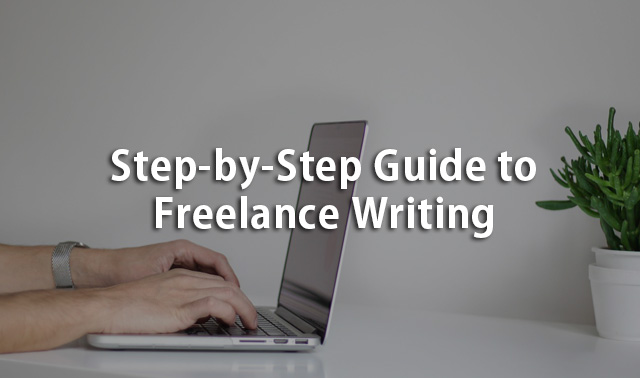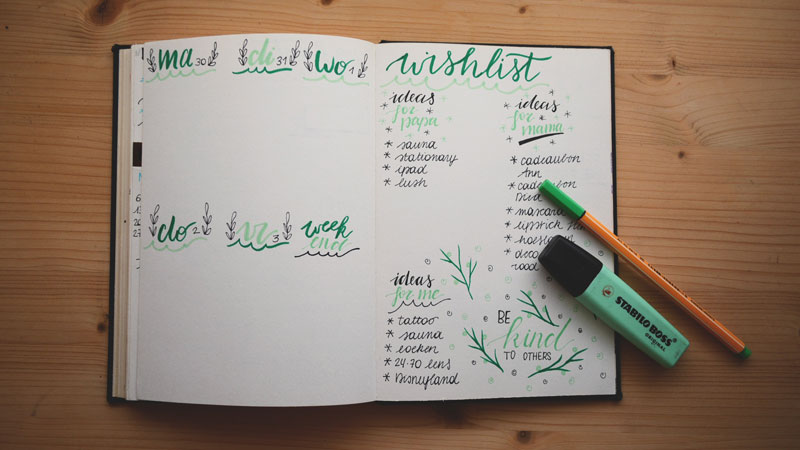This article is by contributor Kipkemboi Toroitich.
Writing is a big challenge, not only to the greenhorn but also the established writer. This is about the writing journey

The freelancing space is even more overwhelming especially to the person who is learning the ropes to produce an acceptable piece for publication.
This is the first lesson: never ever get excited about the volumes of opportunities presented. Pick only the most relevant where your skills are not overstretched.
Writing should be inspired by joy and fulfilment, not struggle and self-doubt.
In this article, we shall focus on the new writer, though the content here is a healthy read for even the professional who is generating a comfortable income from their trade.
For starters, a freelance writer basically would want to get paid.
We shall not distinguish between the old writer, (who perhaps may have been writing for a circulation magazine, as in my case), and the enthusiastic talented young writer who is eager to dive into writing straight from a high school class.
Consider experience only as an extraneous factor on an even platform.
When I started writing, I was groping in the dark for openings and opportunities end to end. You might not have to do this yourself as a step by step guide will quickly jumpstart your career if you follow the prompts diligently.
The following highlights will get you what you want.
You will, however, have to make a personal commitment to study every bit of it, alongside other useful publications by experienced writers, blogs and journals.
The Big Picture
The internet has infinite opportunities for people to earn a living. Most, if not all, having the written word as its tool.
So the first step is to decide to write. The conviction has to come from your deep spirit. Ask yourself soul-searching questions: Do I really want to write? Are there other things I can do better besides writing? You realize they are two opposing angles.
You need honest answers to these questions. You can do justice to yourself if you start off this way, and the answers will guide you if you thought about writing in the first place.
No one else should be involved in this foremost consideration. Take time alone to think it over; perhaps a day or two or even longer. The more you soul-search, the more you will develop the interest in writing.
Or decide it is not your business, which is not in the best of our interests here.
Prepare

You’ve already made up your mind you’ll be a writer. The next thing is preparation of tools, space and resources before the launch of your writing, which by no means should be equated to the pomp associated with companies showcasing a new beauty product.
Before you thought about the ‘what’, you must have realized the ‘how’, ‘which’ ‘when’, ‘where’, and ‘for whom’ are an essential part of your resolve. Let’s call them the 5Ws/H. You’ve already tackled the ‘what’ part, so…
1. For Whom?This gives you an idea of an audience, the people who will read your story or use your end product. In business terms it is called a niche. You’ve got to realize that to succeed, the crowd is important.
You must surround your story with a crowd which you will build over time. You must also be able to sustain their interest even as you attract more.
Are you writing for children, adults, business people, models, sportsmen and women …?
To be able decide on your niche, it is obvious that you must be competent in the area yourself, so you may have to read extensively on the subject, even if you are already an authority there.
I will advise you to go for a subject that excites you, that you are passionate about.
If you do this, you will be able to keep the fire burning even in low moments. Think of your audience vis-à-vis the subject matter.
2. Which? Much of what matters here is the medium of expression.
Are you creating a blog for your writing, or will you shop around for writing platforms, online portals, magazines or even other blogs that you may pitch to be a guest?
List all the opportunities and compare the merits. The one you pick will most likely be influenced by your style of writing.
You need also to define the genre to effectively communicate and connect with your audience. If you are a good storyteller, it will be easy for you to write fiction and creative nonfiction.
Likewise, you will not enter a poetry competition if you are not charming with short forms. It is pretty much clear here.
3. How? The style is as important as the story itself.
A story is captivating because of its style as much as the events and plot. Sustaining the interest of the reader is paramount.
You may want to stick to one specific style for branding purposes, or use a variety of style to move your narrative from point A to point B. The choice is always yours.
But you need to understand how to keep the reader interested to the end.
4. When and where? These two have been combined for obvious reasons: timing and positioning are the sale point for the story.
Sometimes you write a brilliant piece but later realize it has been overtaken by events.
This is why you need to write instinctively and submit your story as soon as possible. Even opinion blog posts go stale within hours of drafting. Write and get done with it, and move on to other writing business.
Those are the 5Ws/H to come up with a round view of your possibilities.
Now comes the basic fact that you have to write
The process is no easy one though. Your hair will stand on end as you stare at the screen wondering how to start.
Don’t worry. You are not alone. Great writers have been here.
Just start somehow and things will start falling into place.
The lesson is you should not think of correcting errors at this stage. Save that for last. Proofreading as you write will curtail your creative genius and flow of story.
Keep on writing as ideas take a definite sequence.
After you are through to the last word, go back, rearrange sentences, delete, add, whatever you feel is necessary.
At times you might even have to remove a whole paragraph or section. Your editing prowess is tested here. Good. You are also learning editing.
Do this over again if in doubt. A word or section that you stop to think is not worth that space.
You may even invite a friend to read it and offer suggestions, but be careful whom you choose. Not all people are positive, and not all are critical.
Now you are ready to proofread, having satisfying reasons to qualify it for print.
There is nothing as annoying to an editor as poor grammar, structure, spelling, typo, misplaced word, punctuation… I have been an editor and I know the feeling.
I cannot overemphasize this. Small mistakes can be overlooked, not glaring and repeat ones.
It is mostly the reason your work is rejected. Proofread. Do it enough times, take a rest, then do it again.
It shows you are professional. It shows you care.
It is only then that you can submit.
When you post your story, be sure to reach your target audience wherever they are in the global village.
Direct submissions to publishers or through the Submittal portal are taken care of, but in the case of personal blog posts, make it possible for them to easily see it when they log in.
It will take some time to kick as you build your blog content. Patience should be your bedmate; after all, building a skyscraper takes a stone at a time until you reach the eleventh floor.

Search sites and engines may be helpful tools. Link your work to those you prefer, especially the popular ones. This is if you have a little capital to set you off as it goes at a small fee. I guess you had researched ahead of creating the blog.
Adequate preparation may sound surplus, but is not to the serious writer who wants to make a living out of it.
Your writing may be a pastime but you will not believe it when it turns out a money machine. It will take some time before you can reap the benefits, unless you are a lucky Jack.
One thing to remember as you embark on this journey: You have to develop the tough skin to face rejection, as most of your potential clients would mostly prefer seasoned writers. Which is why they ask for a portfolio.
To tell you the truth, you will be rejected for some time before you get published.
And it is not the editor’s pleasure to delete your piece. Here you have to take his place. In the inbox are hundreds upon hundreds of submissions. It is a tough job to narrow down to like 1% (or less) of those for publishing!
Sometimes decisions here are simply arbitrary, with no particular reason to reject or accept a piece.
What you need to understand is that it is not a personal assault on you. The lesson? Keep writing and submitting. Remember the first step you took to write?
Take it in stride and motivate yourself to write even more. Learn why you were rejected and what you can do to improve.
Every single one of the popular writers you admire went through the agony, trust me on that. The difference they made was to step back and ask: How can I do this differently?
You can rewrite the same story, approach it from a different angle, reconstruct the plot, or even change the style and characters.















